
Therapist, Performance Coach, Speaker.
HANS SKULSTAD
Changing the conversation to Mental Fitness.
Therapist, Performance Coach, Speaker.
HANS SKULSTAD
Changing the conversation to Mental Fitness.
FEATURED IN:
FEATURED IN:

Hans C Skulstad, MA LMFT
Hans enjoys working with athletes and their families in all sports and at all levels in order to help them achieve their athletic and life goals. He and his wife, Jennie created the Center for Sports and The Mind to integrate their passions for sports and working with people. He served as the 2013 Chair of the Hobey Baker Memorial Award and awarded to Drew LeBlance of Saint Cloud State. Hans currently is on the Board of the Hobey Baker Foundation, and serves as the National Director of the Hobey Baker Boys High School Character Award. Hans has been a coach, and served on committees devoted to fair play.
Hans served as the Hockey Development Coordinator at Armstrong Cooper Hockey for 6+ years. Hans works with teams and individuals. He has helped teams win championships and worked with high school, college, professional and Olympic athletes and coaches. Hans received his Masters in Counseling Psychology and Marriage and Family Therapy from the University of St Thomas.
KEY TOPICS
MENTAL HEALTH
Breaking the barriers and stigmas to make mental health and mental fitness approachable.
MOTIVATION
Empowering minds of all ages to be who they want to be, and to do their best, for themselves and for others.
PERFORMANCE
Helping athletes find their zone to play through distractions and maintain consistent confidence.
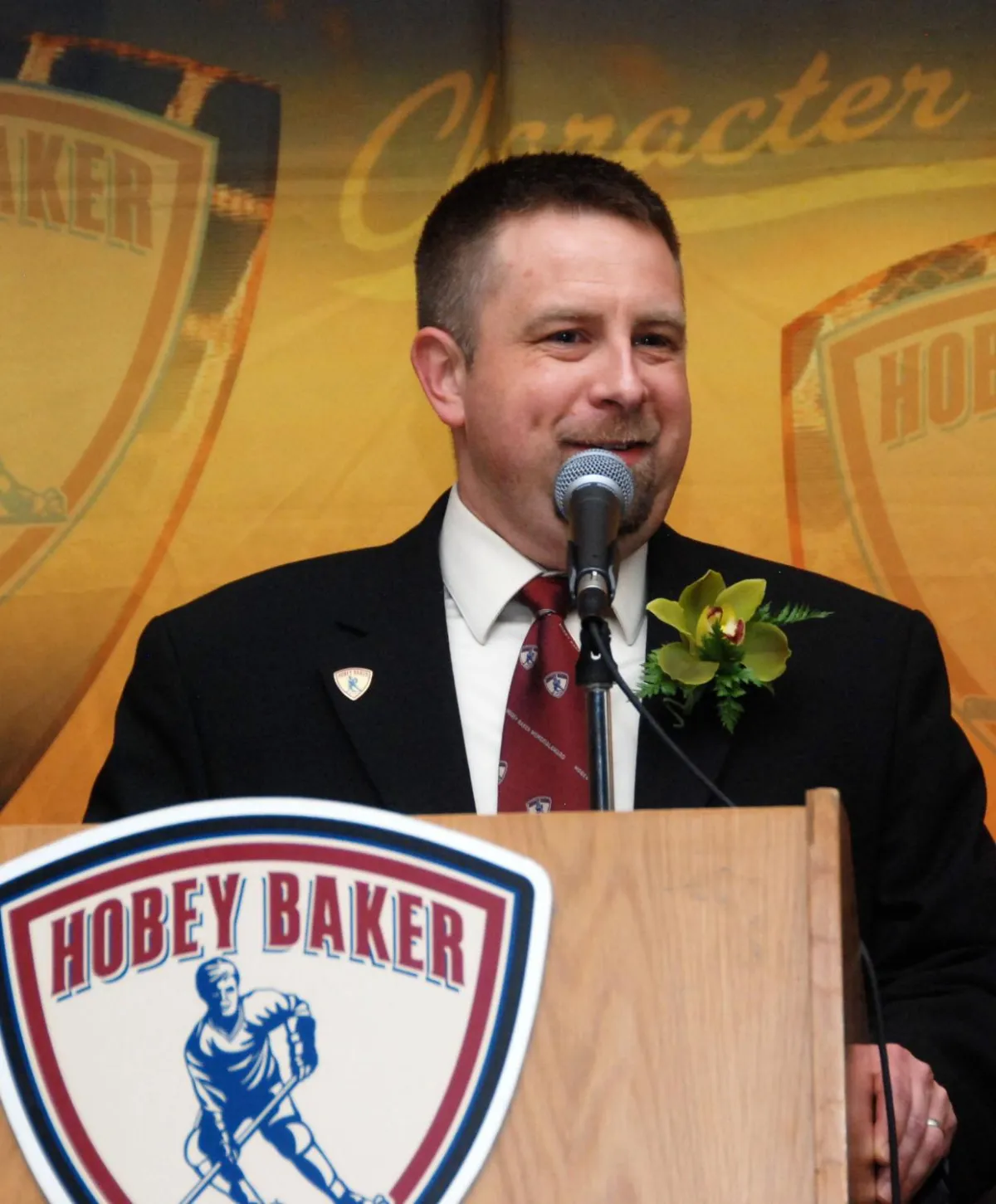
My dedication to teaching Mental Fitness comes from experience as an athlete, coach, therapist and sports parent. I've seen the problems from every angle.
I have worked with athletes for over 20 years at all levels of play - youth to Olympic. Helped teams win championships. Overcome tragedy. I've been in the arena with all the rest of you.
My approach is based, measurable, and athlete tested. We help athletes build the 3 systems they all need to be amazing but not perfect. The focus is building better athletes and better people.
When I present to teams, or large groups of athletes 75% of them say they have not gotten more than 45 minutes of detailed coaching on how to manage the mental part of their sport.
This implies there are no systems for it. Why - at best it wasn't seen as an important part of sports. At worst it meant you were a head case, uncoachable, maybe even crazy or stupid.
Fortunately, those stigmas are fading. It's safer to talk about now. It's a silver lining of the pandemic. Kids know mental health is important.
But we need to give them more skills. We need to change the conversation to Mental Fitness.
MORE ABOUT US
Create Fulfilling Relationships and Enhance Communication
Strong and meaningful relationships are the foundation of a happy life. Our coaching can help you build better connections, improve communication skills, and resolve conflicts, leading to more fulfilling personal and professional relationships.

OUR SERVICES
High Quality Services
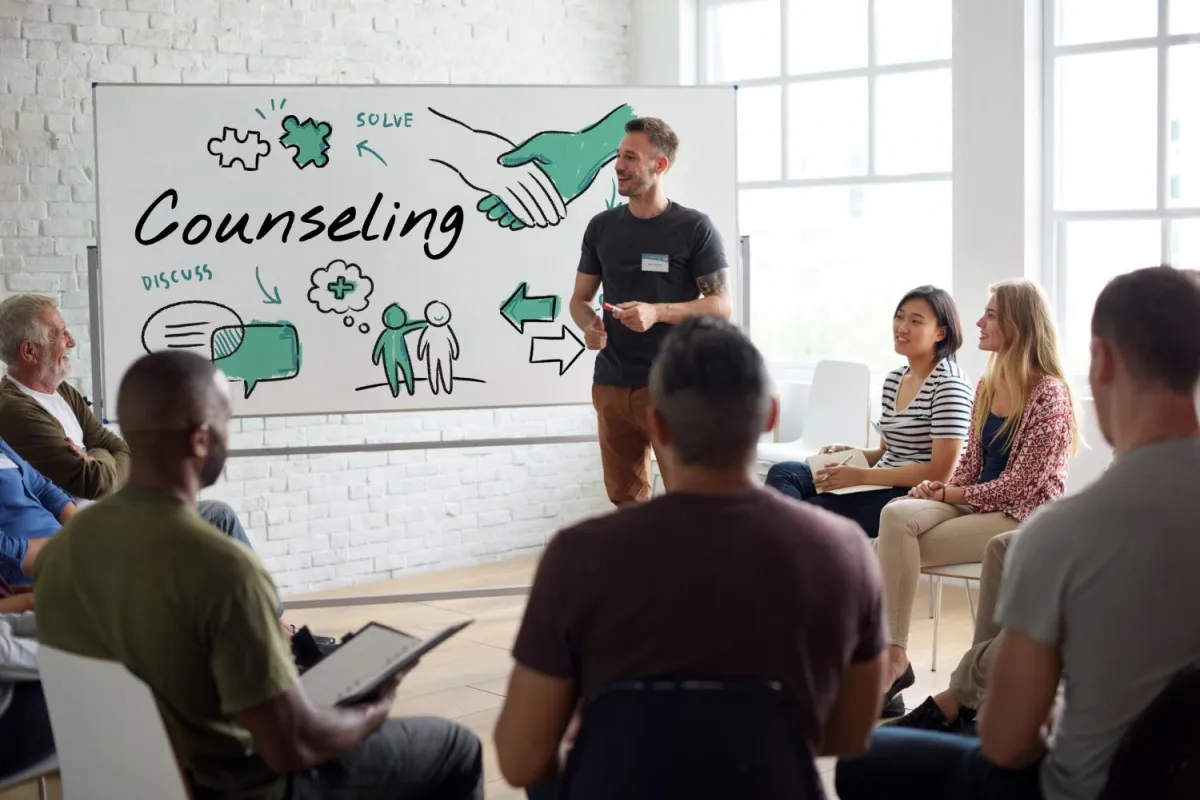
Group Coaching
Explain any group coaching programs or workshops you offer. Provide information about the topics covered, the format (online or in-person), and the benefits of learning and growing alongside others in a supportive group setting.

Career Coaching
Detail your career coaching services, including assistance with career planning, job search strategies, interview preparation, and career transitions. Mention any expertise in helping clients find their passion and purpose in their professional lives.
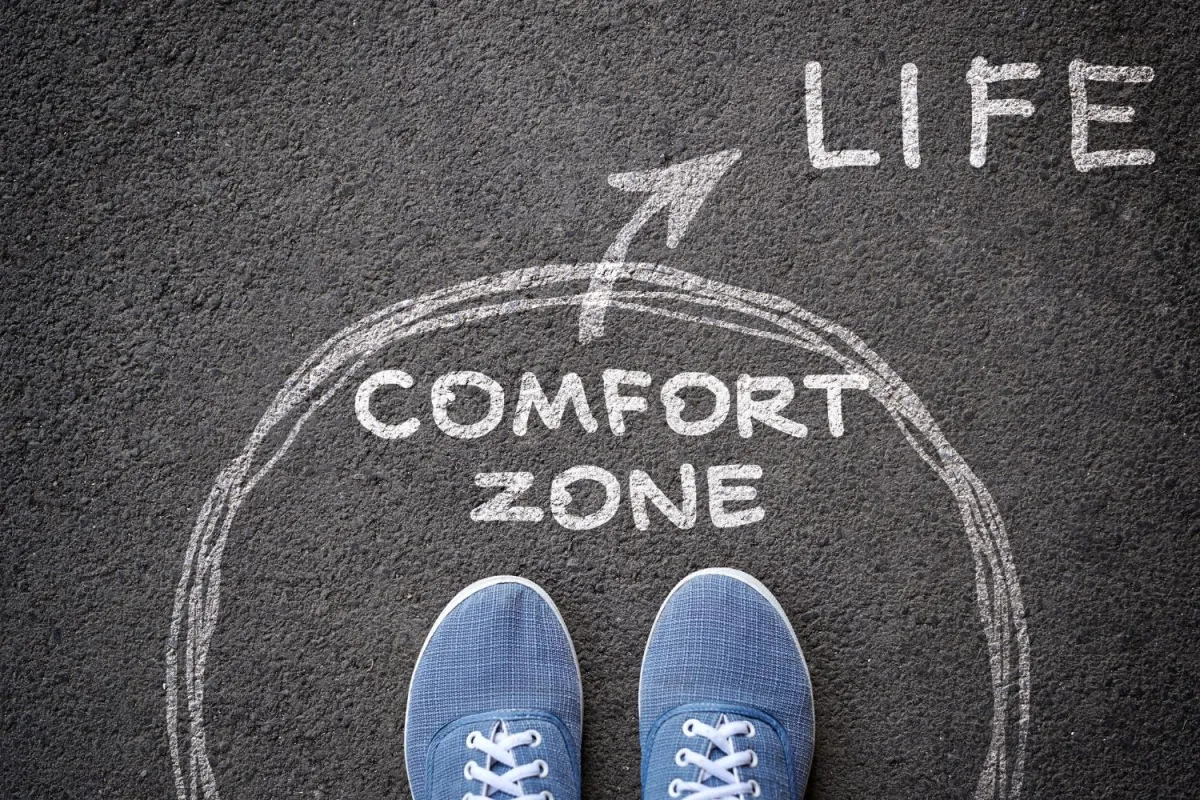
Life Transition Coaching,
Detail your trade-in services, including the process for customers looking to trade in their current vehicles. Explain how you determine trade-in values and any special promotions or incentives for trade-ins. Provide a tool for customers to get an estimated trade-in value for their vehicles.
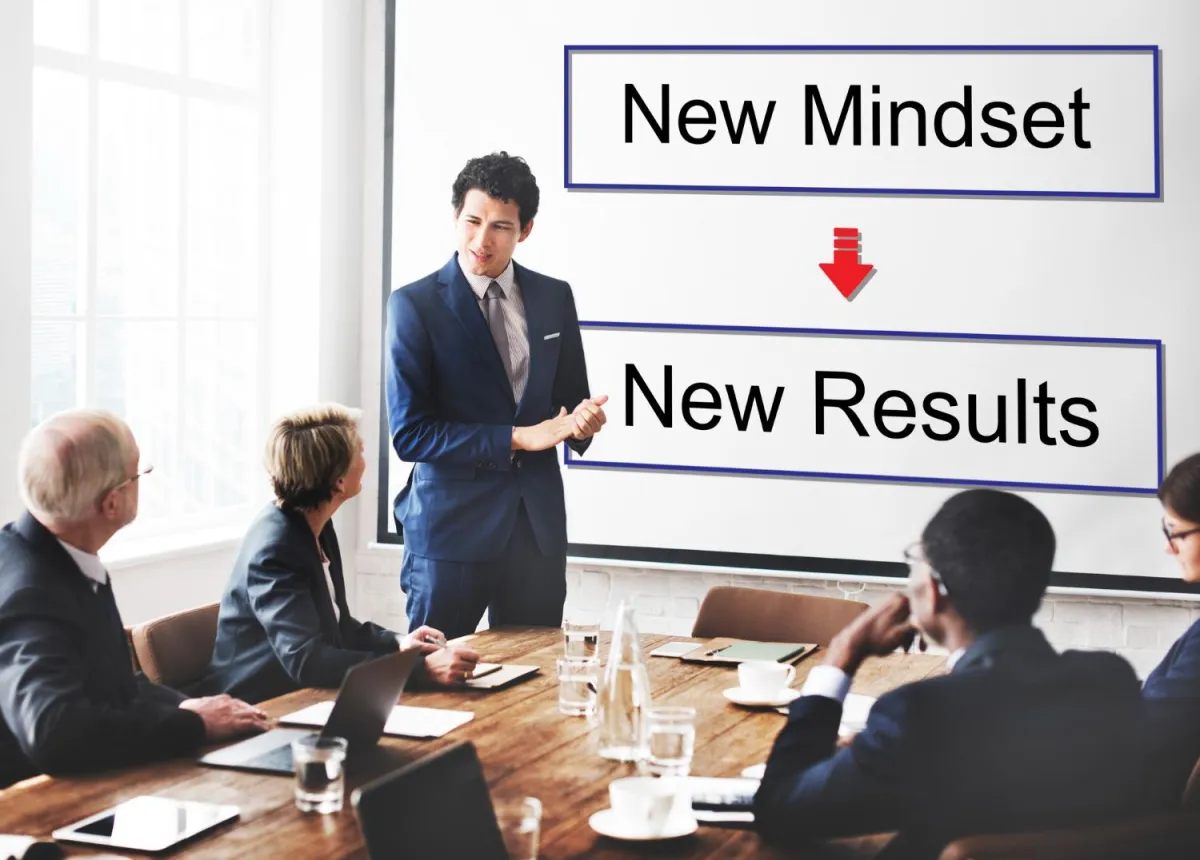
Mindfulness and Stress Management
Emphasize your services related to mindfulness, stress reduction, and emotional well-being. Explain how you can help clients develop mindfulness practices, manage stress, and improve their overall mental health and resilience.

Professionals Team
We believe in a client-centered approach, tailoring our coaching to your unique goals and aspirations. Whether you're seeking personal growth, career advancement, improved relationships, or enhanced well-being, our team is here to support and empower you every step of the way. Together, we'll inspire positive change and help you become the best version of yourself.
OUR TESTIMONIALS
Client's Feedbacks
The personalized approach they took made all the difference. Each session felt like a tailored roadmap to success. Their unwavering support and encouragement empowered me to overcome obstacles I never thought possible. I've not only achieved my career aspirations but have also grown as an individual, cultivating healthier relationships and a deeper sense of fulfillment.

THERAPIST. PERFORMANCE COACH. SPEAKER.
On the stage, Hans brings the perspective of an athlete, a parent, a coach, and a therapist with over 20 years of experience as a therapist and coach. Hans has presented at:
Minnesota Boys and Girls Hockey Coaches Association - Numerous Years
Minnesota High School Basketball Coaches Association
Minnesota Hockey Camps
Bulldog Hockey Camp at Amsoil Arena - Numerous years
Minnesota Association of Association of Marriage and Family Therapists
Acme Hockey Advisors Camp
Dave Peterson Goalie Camp
MN High School Soccer Coaches Association
Armstrong High School Boys Hockey and Basketball
St Cloud State Mens and Womens Hockey
MN Wild Development Camp
Luck High School Football
Monticello High School Resiliency Conference
Benilde St Margaret’s Hockey - Boys and Girls
U of Minnesota Model Camp
Apple Valley Girls Lacrosse
MN Hockey High Performance Camps
USA Hockey Level 4 Coaches Symposiums
Hurricanes Swim Team
Amery High School Football and Hockey
Chanhassen Girls Basketball
Wayzata High School Coaches
Wayzata High School Dance Team
Wayzata Boys Hockey
Roseville Girls Basketball
Eagan Boys Hockey
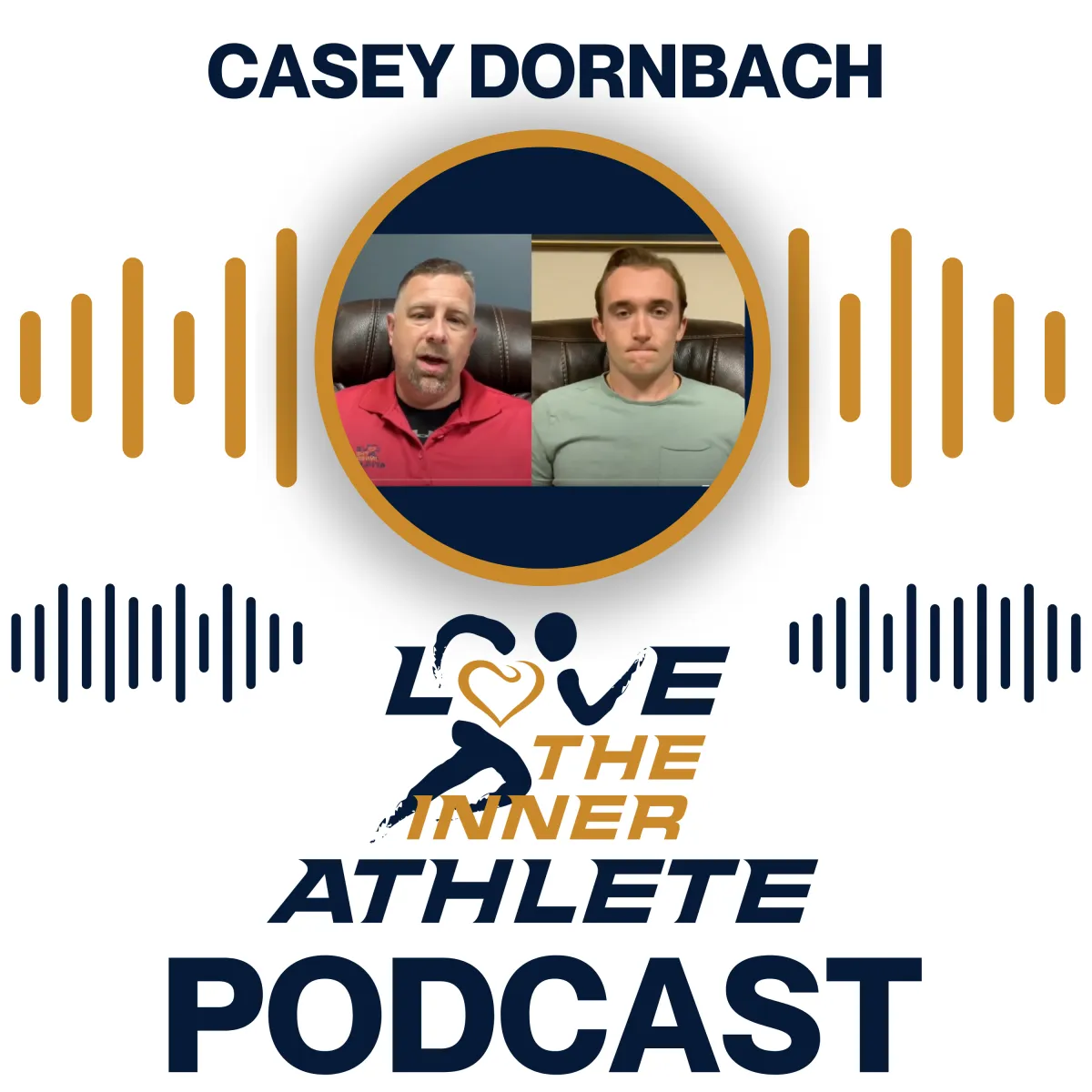
PRESENTING THE HOBEY BAKER AWARD
WANT TO PASS ME THE MIC AT YOUR NEXT EVENT?
Media Features

Rewiring Your Brain for Mental Fitness
One of the tools we often use with athletes is EMDR—Eye Movement Desensitization and Reprocessing. The last word is the most important: Reprocessing.
There are two phases:
Visualization & Mental Imagery – The athlete is guided through visualizations like the Optimal Performance Zone (OPZ), great coaches, happy places, and a container for hard stuff. EMDR uses bilateral stimulation through eye movements, vibrations, or sound.
Reprocessing – The athlete replays a scenario that their brain and body are holding onto—an injury, poor performance, or a bad experience with someone who hurt them.
EMDR helped me resolve several past traumas. You don’t need a huge event for it to help you.
Many of my college and professional athletes say they handle pressure moments more effectively and find it easier to accept the emotions of the moment. I’ve felt that. I’ve seen that in athletes.
You run your brain instead of it running you. You learn to differentiate fear from real danger, improving vagal tone, leading to better sleep, less anxiety, and a stronger immune response.
Change the conversation to mental fitness.
Want to learn more about mental fitness? Hire us for a keynote or training to share what we’ve learned.

Let's Get in Touch
© 2023 Hans Skulstad. ALL RIGHTS RESERVED.
